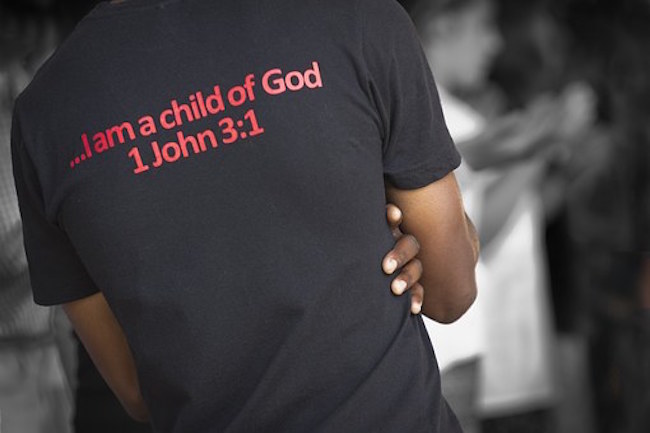From Time’s “Is God Dead?” in 1966 to the New York Times’ Call to “Give Up God” Today by Michael L. Brown for Ask Dr Brown
On April 8, 1966, the pictureless front cover of Time Magazine asked a bold and direct question: “Is God Dead?” This was just two days before Easter Sunday, and in the decades that followed, it became increasingly common for anti-God, anti-Jesus, anti-Bible essays to be featured in various secular publications at this time of year.
Now, in keeping with this anti-God attitude during this sacred season, an April 15 op-ed piece for the New York Times was headlined, “In This Time of War, I Propose We Give Up God.”
How deeply sensitive for the Times to post this anti-God essay on the day which is both Good Friday on the Christian calendar and the first day of Passover on the Jewish calendar! What a nice touch, editorial department! You have really outdone yourselves this year. (And a special shoutout to Liana Finck for her graphic, depicting God as an angry, Godzilla-like giant, marching through the city with terror on his mind.)
The author of this op-ed is Shalom Auslander, who was raised as an ultra-Orthodox Jew in Monsey, NY before losing his faith. But even as an 8-year-old boy, he was troubled by aspects of the Passover narrative in which God poured out his plagues on the Egyptians.
That’s because it was “not just Pharaoh and his soldiers” that were afflicted. Instead, “Egyptians young and old, innocent and guilty, suffered locusts and frogs, hail and darkness, beasts running wild and water becoming blood. Mothers nursing their babies, the rabbi explained, found their breast milk had turned to blood.” (For the record, the Bible says nothing about milk turning into blood, let alone breast milk. But this is what Auslander remembers hearing as a boy from his rabbis.)
As for Pharaoh’s hardness of heart toward God and Israel, how was that his fault, since God was the one hardening him?
As for God smiting the firstborn sons of Egypt – meaning, the firstborn of people and of cattle – what could be more barbaric than that?
“If he were mortal,” Auslander opines, “the God of Jews, Christians and Muslims would be dragged to The Hague. And yet we praise him. We emulate him. We implore our children to be like him.”
Really now, what were we thinking?
He continues, “Perhaps now, as missiles rain down and the dead are discovered in mass graves, is a good time to stop emulating this hateful God. Perhaps we can stop extolling his brutality. Perhaps now is a good time to teach our children to pass over God — to be as unlike him as possible.”
And then, having kicked God out of our lives, we should “throw our doors open — to strangers. To people who aren’t our own. To the terrifying them, to the evil others, those people who seem so different from us, those we think are our enemies or who think us theirs, but who, if they sat down around the table with us, we’d no doubt find despise the pharaohs of this world as much as we do, and who dream of the same d—-d thing as us all:




